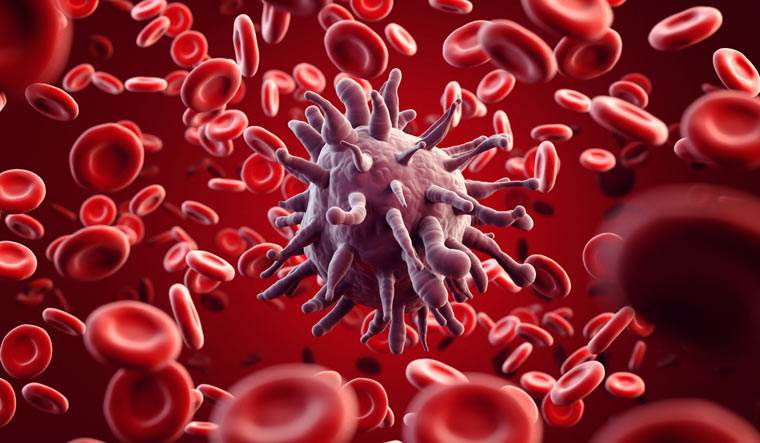India’s Covid-19 tally surpassed 1.11 crore on Monday with 15,510 new infections, while the active cases registered an increase for the fifth consecutive day and were recorded at 1,68,627, according to the Union Health Ministry data.
The total coronavirus cases reached 1,11,12,241 in the country, while the death toll rose to 1,57,157 with 106 new fatalities, the data updated at 8 am on Monday showed.
Also See: New mutants of Coronavirus
The number of people who have recuperated from the disease surged to 1,07,86,457, which translates to a national Covid recovery rate of 97.07 percent, it stated. The case fatality rate has dropped to 1.41 percent.
Also Read: Two vaccines approved: Other vaccine candidates in India apart from Covishied and Covaxin
According to the Indian Council of Medical Research, a total of 21,68,58,774 samples have been tested for coronavirus till February 28, with 6,27,668 samples being tested on Sunday.
The 106 new fatalities include 62 from Maharashtra, 15 from Kerala, seven from Punjab and five from Karnataka.
A total of 1,57,157 deaths have been reported so far in the country, including 52,154 from Maharashtra, 12,496 from Tamil Nadu, 12,331 from Karnataka, 10,910 from Delhi, 10,268 from West Bengal, 8,725 from Uttar Pradesh, and 7,169 from Andhra Pradesh.
(PTI)




